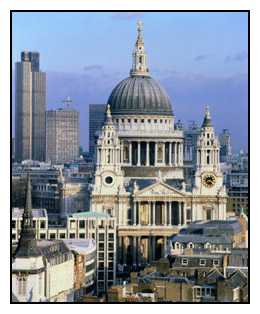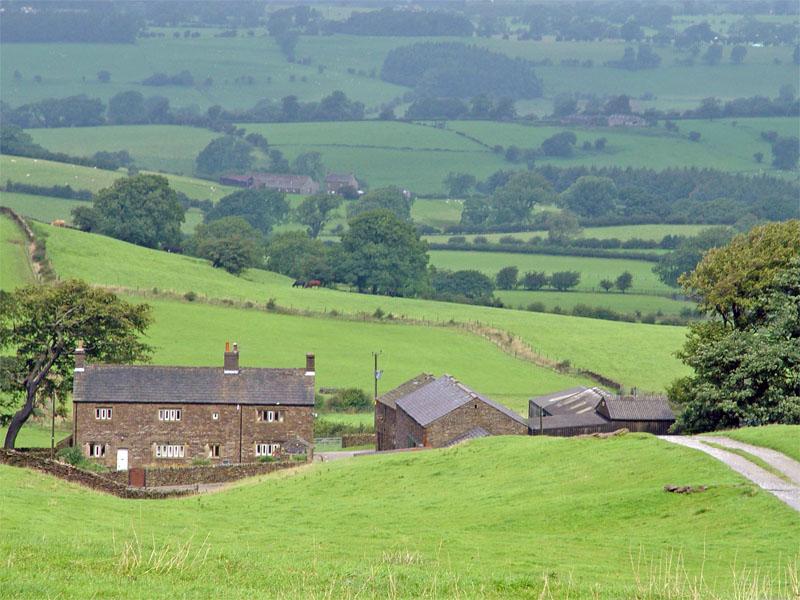37: Effects of UK taxation - why prices have risen so strongly in the North and have been subdued in the South
04-09-2005
With average
Accountants Smith and Williamson Ltd have calculated that since Labour got to power in 1997, people earning £25,000 have seen there tax burden increase from 36% to 41%. However, those with £40,000 earnings have sent their tax burden increase from 36% to 50% - over double the increase in taxation. This has been felt more acutely in
Now that the stamp duty threshold has risen from £60,000 to £120,000 – this will save many thousands for northerners. It not help people in London much because only 3% or properties are sold below £120,000 or are bought in deprived areas (where there is no stamp duty on properties below £150,000 value).
So what does this mean for the property investor? It depends who gets voted in next month – and the size of the majority. A hung parliament would likely lead to a coalition between Labour and the Liberal Democrats – something financial markets would not like due to the uncertainty of policy, pace of reform and lack of stability. Labour getting back in power would likely lead to higher national insurance and higher tax through stealth – particularly of the higher earners, to pay for public spending and fiscal deficits. A large house building programme in the south would likely start – which could subdue price increases in the lower end of the market (say £80,000 to £200,000 range). A Conservative government would likely reduce house building programmes, tighten spending, would probably be popular with financial markets and are unlikely to tax property to any higher levels than Labour have done in the last eight years. They would likely become more isolationist from the EU and our chances of joining the Euro would drop – leading to a higher pound and possibly slightly lower interest rates. There would be less public sector workers, a more subdued lower end rental sector and a strong service sector – with more even taxation of the working and middle classes (or even a flat income tax rate).
If Labour get in – expect continued strength in the northern housing markets, particularly in areas with strong service and public sector growth, in the price range £60,000 to £120,000 value (example - Bolton, Blackpool, Huddersfield, Marchester, central city Liverpool,

If the Conservatives get in – it's likely the public sector would decline and private and services sector grow significantly – so middle class areas of West London-M4 corridor say in the range £150,000 to £400,000 would do well, along with Stratford, Docklands, City, West End and southern England in general. Areas with high exposure to manufacturing could suffer, like the
In the longer term, because 900,000 people are due to need homes in the London/SE England area up until 2020, if John Prescott’s ambitious house building plans are not implemented, there will be a continued housing shortage in the south leading to still higher prices, particularly in the mid to lower end of the market. As elderly people retire with massive housing wealth, they are likely to either help guarantee their offspring’s mortgages or provide deposits for these first time buyers – Labour’s target of having 75% of the population as home owners (currently 71%) in the next years will underpin this if they get into power for a third term. The Conservatives would likely have a similar aspiration and encourage home ownership, but prevent significant building on
If the UK economy and customer confidence declines - in part due to this higher taxation, then interest rates are likely to drop to the 4.25 to 4.5% range in the next year or so, with CPI inflation around the 2% level. This based on pretext that oil prices stay below $60/barrel - though the treat of them rising to say $80 is increasing by the week. Anyone wishing to hedge against high oil prices should invest in Aberdeen, Scotland (or local areas around Theddlethorpe, St Fergus, Bacton, Fawley, Isle of Grain, Ellesmere Port!).

Good luck with chosing the right place to invest at the right time! And just to make you feel more positive, purchase of a private house well below the inheritance threshold of about £280,000 avoids all capital gains tax. Most tax efficient. Particularly being below £120,000 property, or properties in deprived areas below £150,000. Using "other peoples money" (OPM) to invest and leverage up must be about the fastest and lowest risk way of creating personal wealth - if you buy the right property in the right place at the right time!


